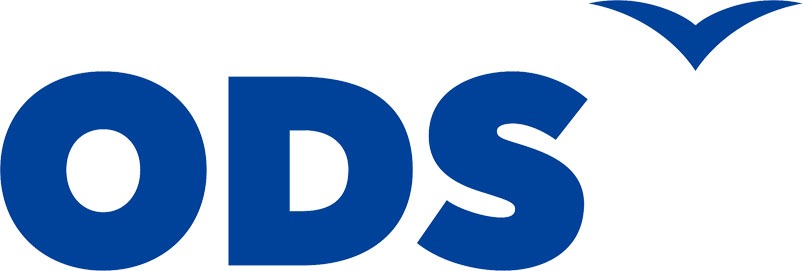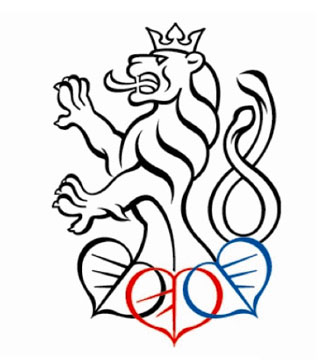Měla jsem možnost vystoupit v italském senátu na kulatém stole pod záštitou senátora Giulio Terzi di Sant’Agata s názvem „Aspekty ekonomické bezpečnosti, případová studie: Itálie a Česká republika“, která proběhla ve spolupráci s organizací Sinopsis. Zde si můžete přečíst anglický přepis mého vystoupení!
As elsewhere in Europe, economic security has not been an issue in the Czech Republic until
very recently. The Czech Republic is an export-oriented, trade-dependent country that has
been very open for business since the end of the Cold War.
Geopolitical risk has also not been much of a concern in the country until recently. In fact,
over almost a decade, the country had opened itself almost unconditionally to both Russian
and Chinese interests. With Russia, the illusions ended even before the invasion of Ukraine,
when it was established in 2021 that the previously somewhat mysterious explosion of the
ammunition depots in Vrbětice was actually a sabotage by the Russian military intelligence
service GRU.
Similarly, with China, we had an harsh awakening, for all the wrong reasons, already a
couple years before the Pandemic. Under the previous president and government, the Czech
republic pursued a very pro-Beijing policy under the pretext of „economic diplomacy“.
China was seen as a huge business opportunity and a potential source of billions of dollars in
investment.
The miraculous Chinese investor was supposed to be one rather peculiar company called
CEFC. This CEFC emerged from nowhere, seemingly overnight, to become one of the
richest companies in the world, ranking somewhere in the middle on the Fortune 500 index.
The sheer expectation of a windfall of investment from this company opened all doors for its
executives. The Czech president at the time, Miloš Zeman, even appointed the company’s
Chairman as his official advisor. For almost three years, the company dominated bilateral
relations between the Czech Republic and China.
Then, in 2018, the company collapsed with a bang. One of its top executives was arrested in
New York for widespread political corruption in Africa and the United Nations. Shortly
thereafter, the company’s chairman, who was still officially an advisor to the Czech president,
was disappeared in China itself and never heard from again. The company turned out to be a
giant Ponzi scheme, paying off old debts with new loans for fake projects.
Needless to say, this came as a great shock to the nation. A lot of people lost a lot of money,
and the whole country lost confidence in the „economic diplomacy“ with China. The stage
was set for a policy reversal, although it would take three more years for that to happen.
Shortly thereafter, Covid hit, highlighting the problems of supply chain resilience. The CR
was one of the countries hit hard by Chinese „mask diplomacy,“ a new version of the old
„economic diplomacy.“ With great fanfare, China graciously sold us back some of the face
masks we had donated to them at the beginning of the crisis. Then it turned out that we were
almost entirely dependent on China for pharmaceuticals. Then our auto industry almost
completely shut down for a few weeks due to a shortage of legacy chips.
In short, we’ve started to take economic security and supply chain resilience seriously. We’re
now trying to adapt the laws and regulations to the new situation. During those idyllic years
when security was not a concern, we had built a procurement system based on price as the
sole criterion. In this system, many of the projects went to the heavily state-subsidized
Chinese companies, including the now rather notorious firms such as Huawei and others.
What we’re trying to do now is make it possible again to take into account longer-term issues
such as the security and trustworthiness of the bidders, including the legal environment in
their home countries.
I am sure you are going through a similar process here in Italy and I look forward to hearing
more about it later today.


